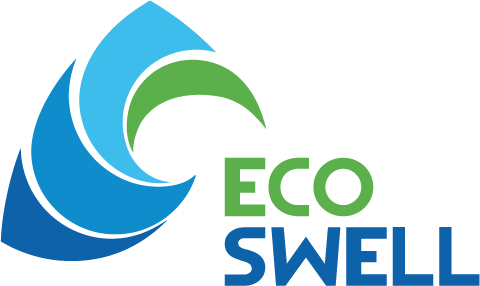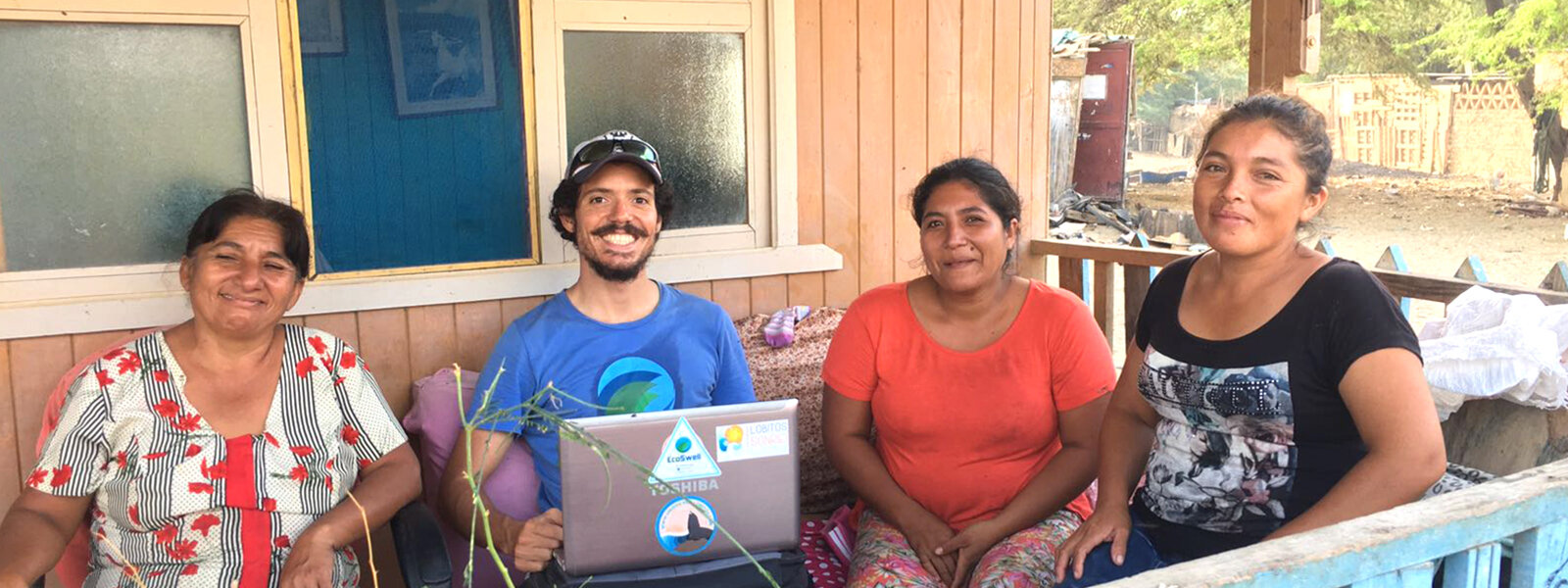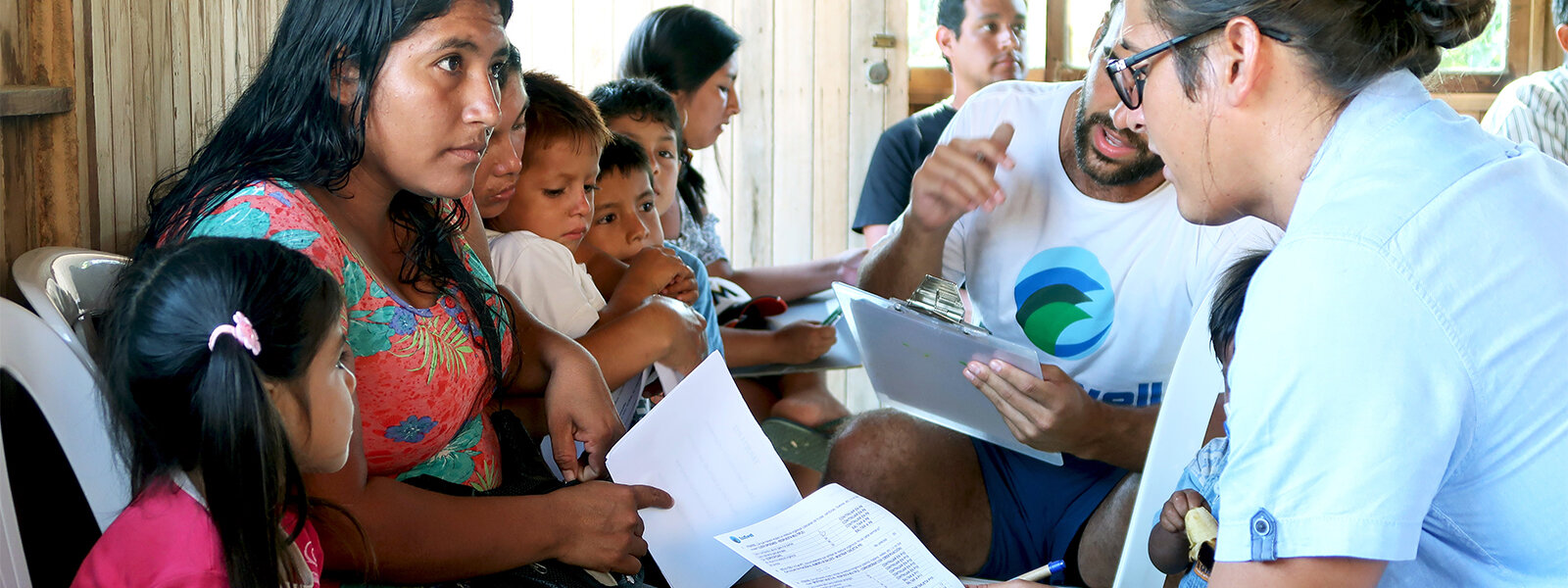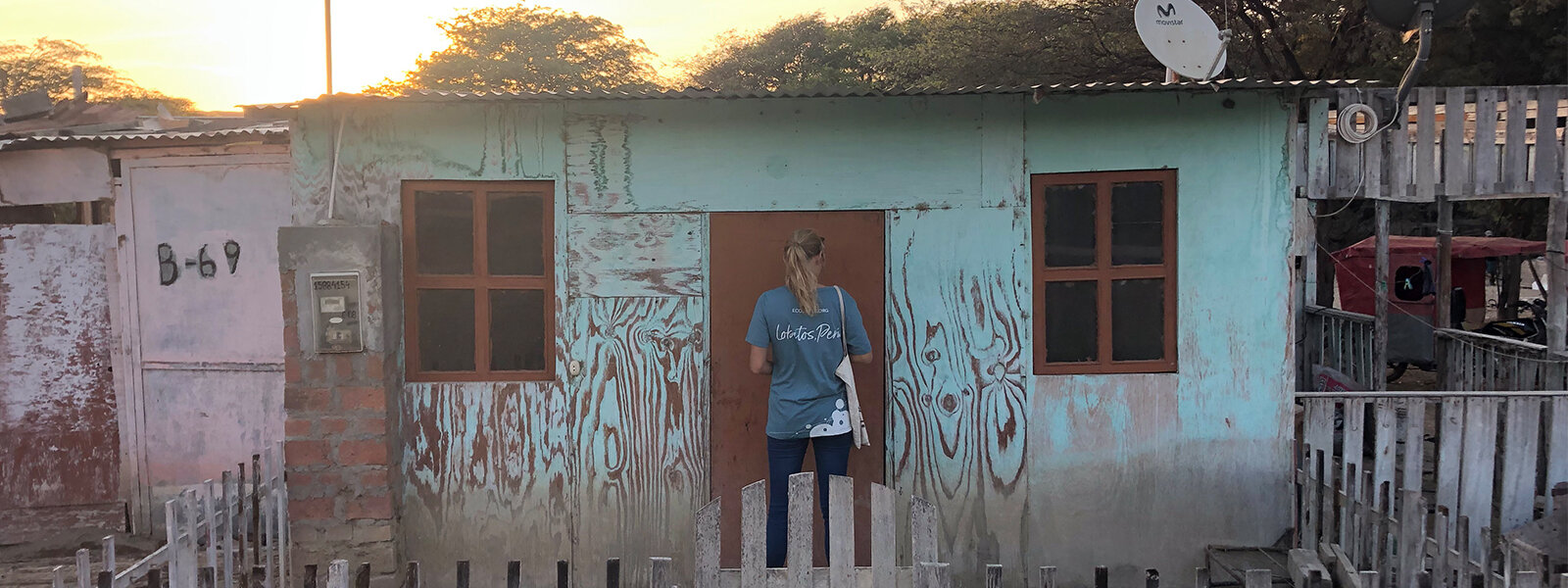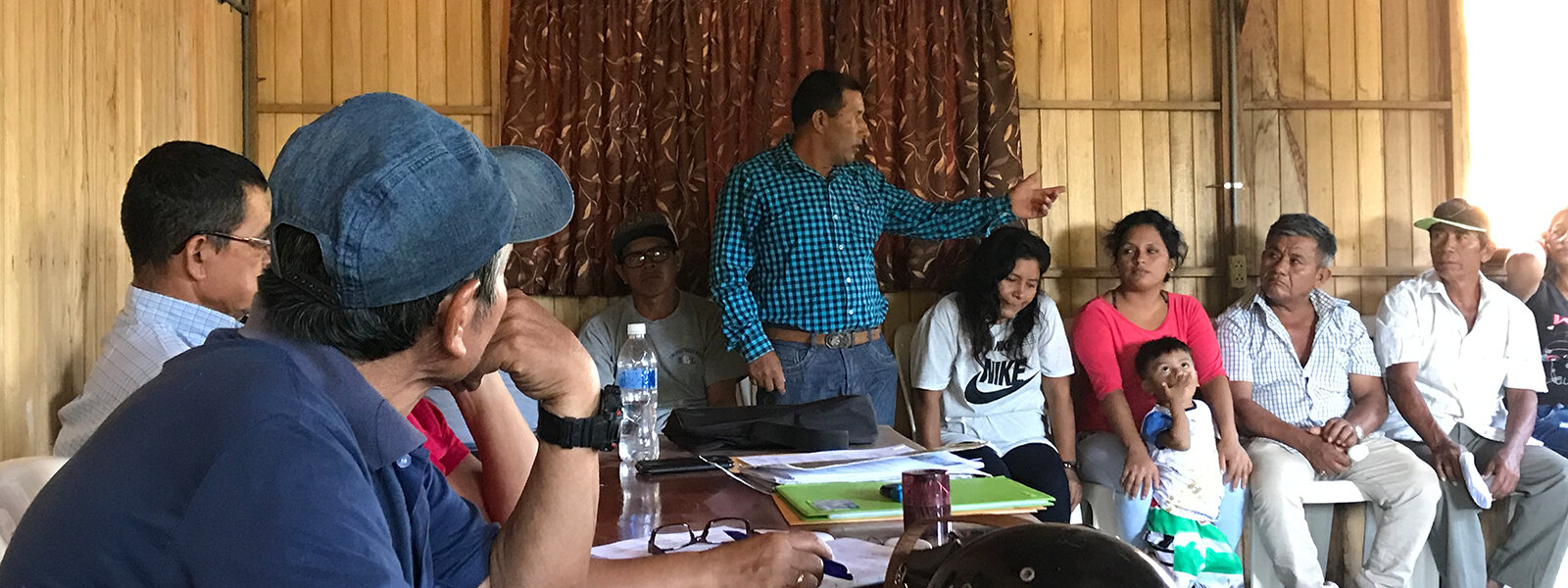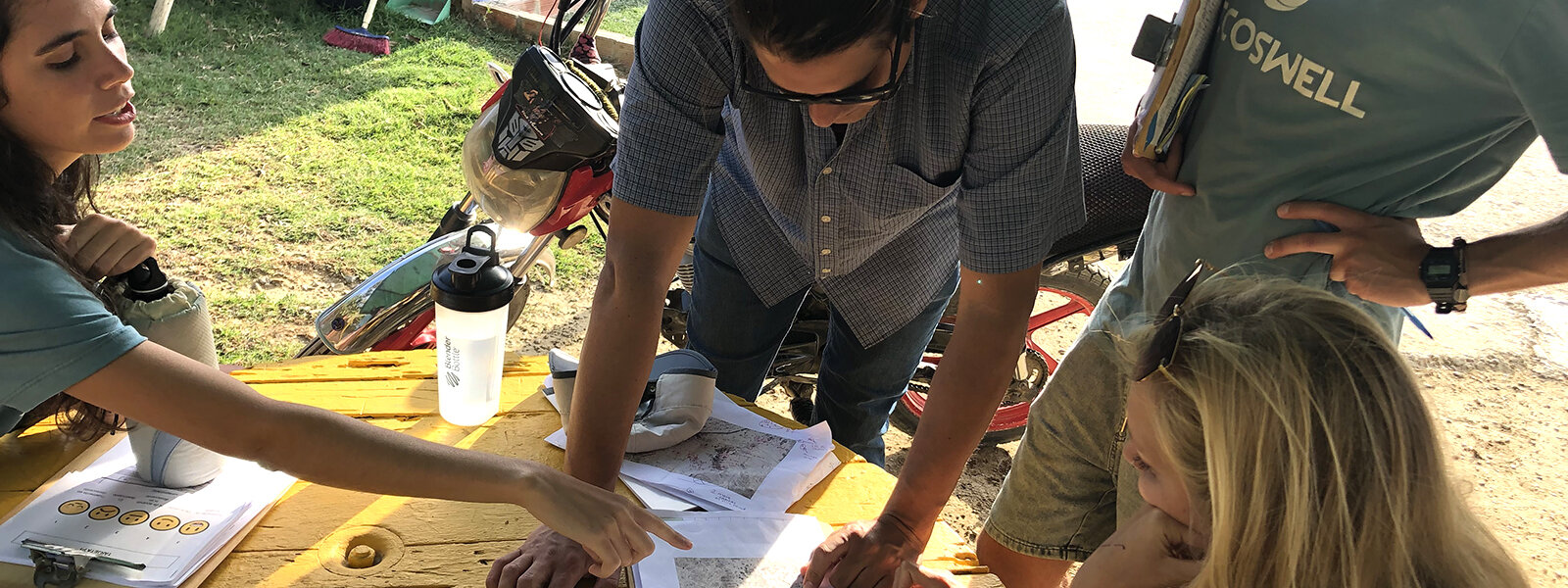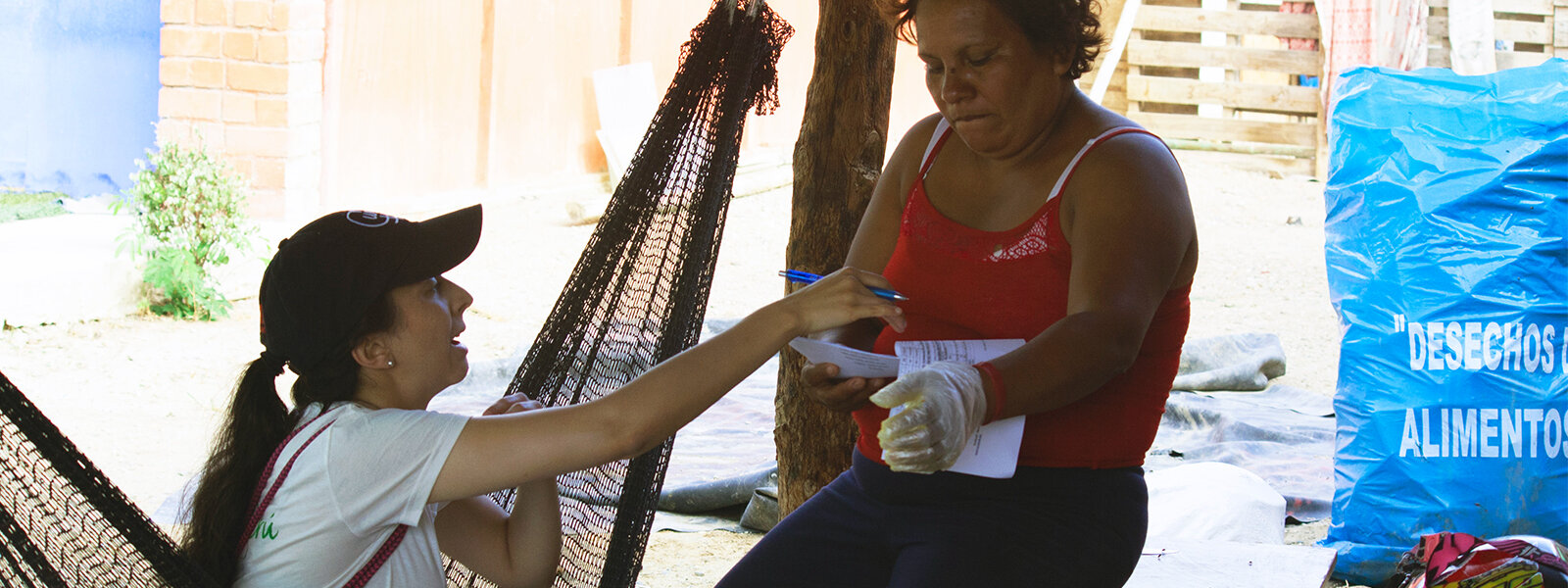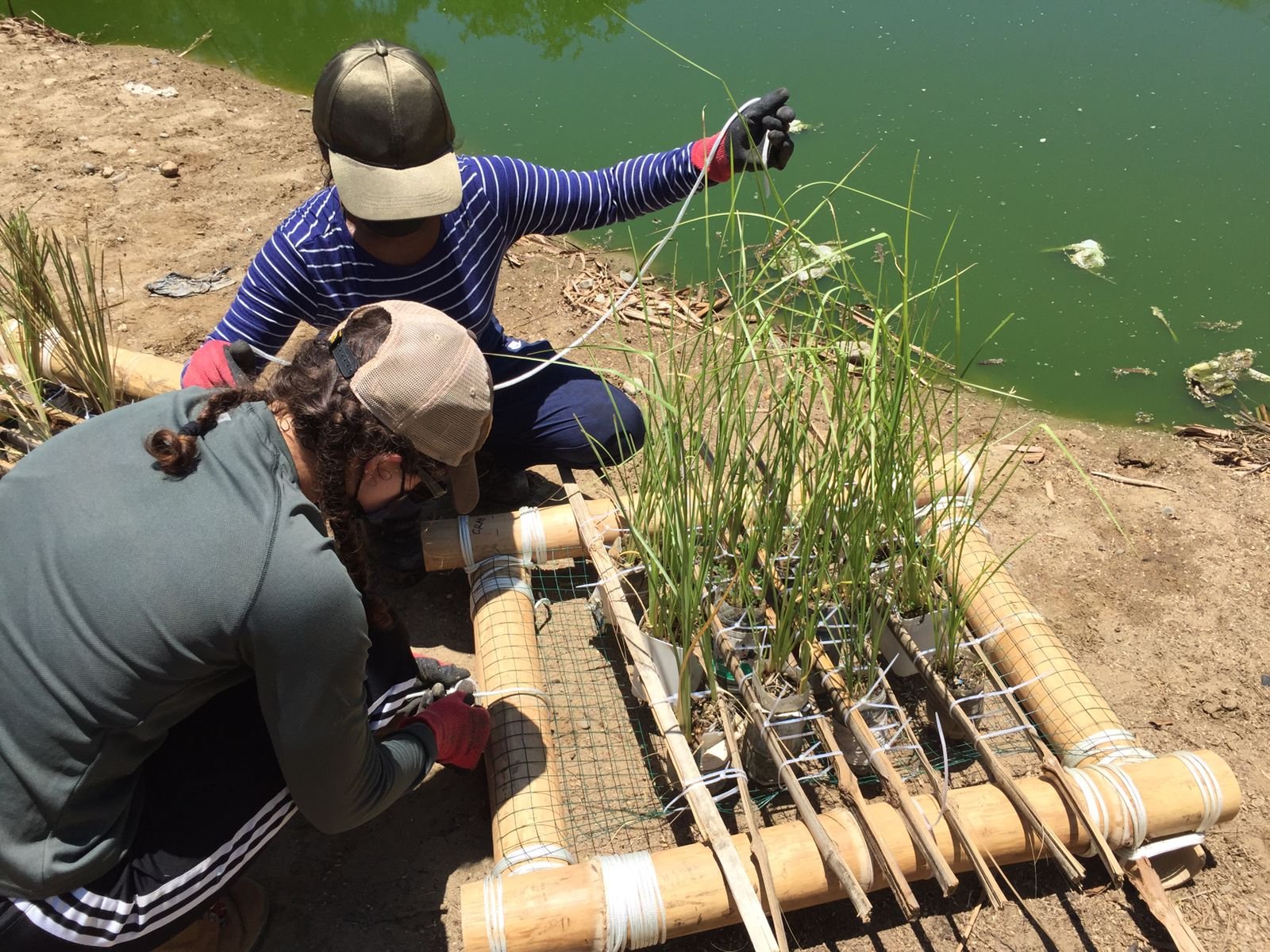Research & Monitoring
“The measure of greatness in a scientific idea is the extent to which it stimulates thought and opens up new lines of research.”
- Paul Dirac
The Challenge
In underdeveloped contexts, the problem of sustainability starts with the lack of information. Authorities and organizations have immense troubles making decisions, which are often influenced by political or personal interests and result in solutions unrelated to the real problems of the community and its environment. In these situations, scientific research proves to be an invaluable tool for public policy. Therefore, interns who engage in EcoSwell's applied research efforts are guaranteed to make an impact through their capacities as knowledge creators.
The Facts
Per our impact research efforts, we’ve determined our projects are aligned with 10 of the 17 Sustainable Development Goals
Our initiatives have an influence over the quality of lives of people in 8 local communities in coastal Peru
As of our 2020 Surfonomics study for Lobitos, an estimated number of 8,736 tourists arrive in Lobitos every year, spending over USD 3.5 million dollars
EcoSwell has conducted 20+ research projects regarding the socio-economic and environmental situation in the last 10 years
Potential Solutions
The EcoSwell Standard. These questions forced us to start every sustainable development project with a rigorous methodology of social and scientific research that combines qualitative and quantitative techniques. But in addition to the group dynamics, workshops and structured surveys, we consider that all our work in Lobitos and Piedritas is a constant ethnography, in which each exchange brings us closer to elucidating the dilemmas of their people. This ethnography is combined with the scientific monitoring of the ecosystem and its reaction to human intervention.
Our Initiatives
EcoSwell Impact Research (2019 - 2022): A monitoring study that evaluates the impact of EcoSwell in terms of the United Nations Sustainable Development Goals indicators at a local level.
World Surfing Reserve application (2021): Based on our 2020 Surfonomics study, we prepared and application for the World Surfing Reserve status given by Save the Waves Coalition, for the coastal ecosystem of Lobitos and Piedritas, which came amongst the global finalists.
Lobitos Medical post preparedness to attend COVID-19 patients (2021): In collaboration with several volunteer interns, EcoSwell prepared a qualitative study that determined how capable the Lobitos Medical post was to treat COVID-19.
Sociopolitical drivers of morbidity and mortality of COVID-19 in the Piura Region (2020): In collaboration with Rebecca Blackwood of UC Berkeley, EcoSwell wrote this paper determining political and social factors that affect the spread of COVID-19.
Surfonomics (2018 - 2020): An economics study that calculates the value of the waves by interviewing tourists regarding their impressions of Lobitos and their daily expenditure. The objective is to help the locality apply for the title of World Surfing Reserve provided by Save the Waves Organization.
Feasibility Study - Dry Toilet (2018 - 2020): A monitoring study evaluating a pilot Dry Toilet Unit for arid areas such as Lobitos. The aim is to perfect the design of the Dry Toilet in order to scale up the project.
Cerro Blanco Environmental Monitoring (2018 - 2020): Observation and categorization of flora and fauna in the Cerro Blanco Dry Forest, a degraded ecosystem and one of the last patches where the Peruvian Plantcutter proliferates.
Piedritas Socio-Environmental Study (2016 - 2020): Social and environmental research which evaluates the vision of development of the Piedritas community and the situation of the dry forest and wetlands nearby.
Stabilization ponds (2020): Chemistry research to evaluate the efficiency of vetiver bioremediation in the cleaning of wastewater ponds and spills in the area. In collaboration with UC Berkeley, USA.
Lobitos Solar Energy Feasibility Study (2014): Feasibility study conducted by Mark Hazelton from Newcastle University regarding renewable energy applications for the community of Lobitos.
Lobitos and Piedritas Verde Monitoring (2015 - 2019): Project monitoring that measures the engagement of both communities on grey water reuse, solid waste reuse and recycling and community greening.
GCRF Groundwater Research (2019): Hydrology and social research to determine the presence of groundwater in the nearby dry gullies ("quebradas") for use in reforestation projects and the interest of the local leaders and institutions in engaging with these activities. In collaboration with Lancaster University, UK.
ICE Biodigestor Research (2018): Awarded "Paper of the Year" prize by the ICE, this paper discussed the different solutions to wastewater problems in the locality of Lobitos.
